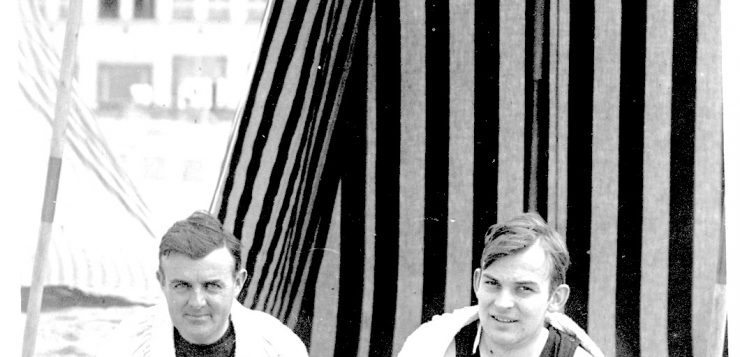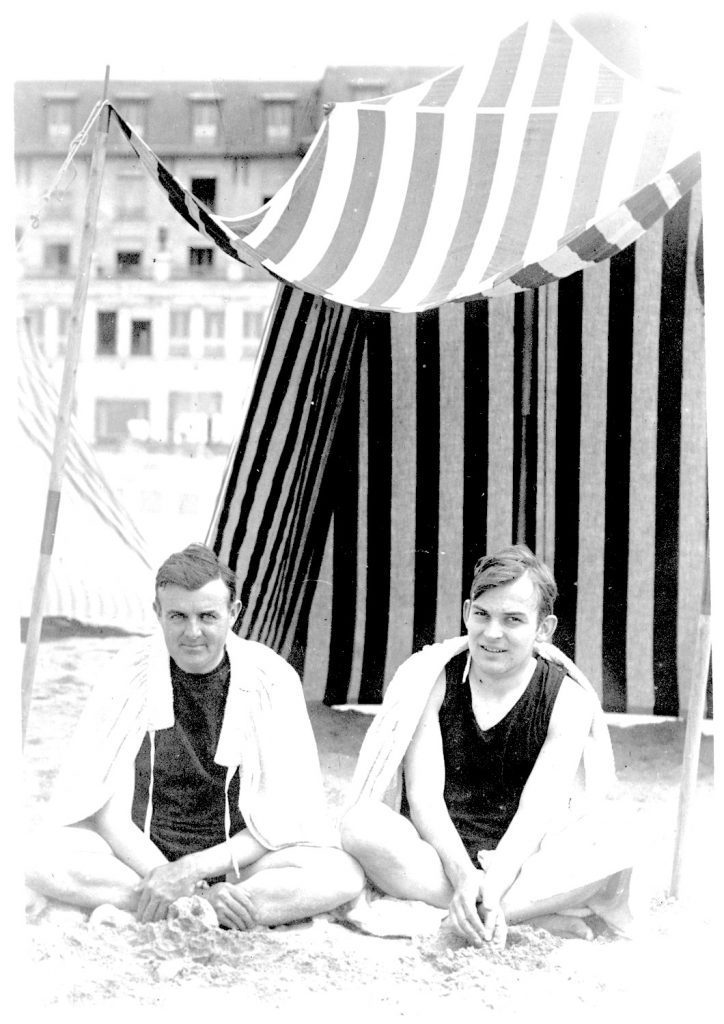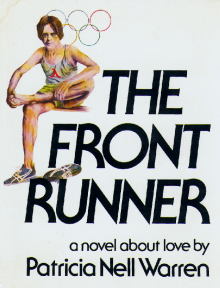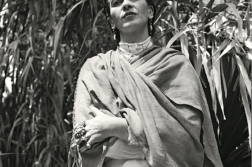IF AT SOME POINT during your formal education you read Moby Dick, The House of Seven Gables, Walden, or any other 19th-century American literary classic, you indirectly felt the influence of Harvard scholar F. O. Matthiessen (1902-1950). It was his book American Renaissance: Art and Expression in the Age of Emerson and Whitman (1941) that defined the canon of American literary classics. The book was so influential that it helped launch American Studies as a discipline, one that integrates fields such as literature, history, film, anthropology, and sociology, among others.
Matthiessen also wrote influential books about Sarah Orne Jewett (a distant relative on his mother’s side), T. S. Eliot, Henry James, and Theodore Dreiser. He wrote the kind of cultural history that electrified me as an undergraduate, affirming that every work of art, literary or otherwise, stood on its own artistic merits—but also could open a window onto the historical moment of its creation.
Matthiessen was no lonely scholar, cloistered away in his study. Inspired by his mother’s Unitarian faith, he fought for social justice from the earliest days of his career at Harvard, when he rallied influential professors and university publications in support of the owner of the Dunster House Bookshop in Cambridge, which had been entrapped by the Watch & Ward, a censorship organization, into selling a copy of the banned book Lady Chatterley’s Lover. Many years later, when the U.S. attorney general published lists of nearly eighty organizations it deemed “subversive,” Matthiessen, a self-proclaimed socialist, had supported nearly ten of them. His political activism reached a pinnacle when he gave a seconding speech for the nomination of 1948 Progressive Party presidential candidate Henry Wallace.







